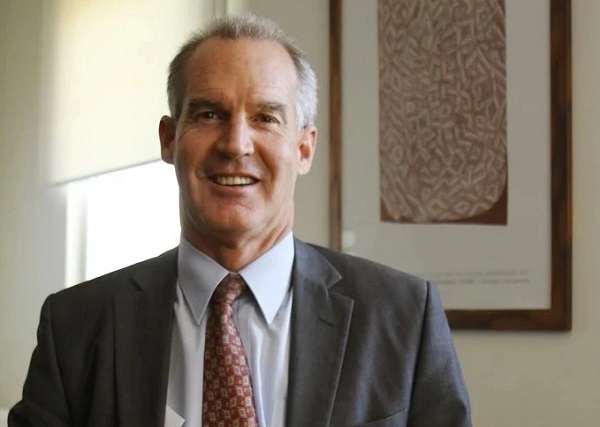
Andrew Barnes – Australia’s High Commissioner to Ghana
The Australian High Commission in Ghana, has provided one million Australian dollars (approximately GH¢3.7 million) grants under its Direct Aid Programme (DAP) to some NGOs and civil society organisations in the West African Sub-region.
The financial support is for the implementation of 20 life-transforming development projects in seven West African countries.
The beneficial organisations were selected from 240 applicants drawn from Ghana, Liberia, Sierra Leone, Senegal, Togo, Cote d’Ivoire and Mali.
At the launch and training session of the 2018/2019 Direct Aid Programne in Accra, on Tuesday, Mr Andrew Barnes, the Australian High Commissioner, said since the inception of the aid programme in 2004, a total of 22 million Australian dollars had been spent for funding projects in 122 countries worldwide.
The funded projects focused on providing life- transforming interventions for most vulnerable people in society, including; children, women and people with disability.
Mr Barnes said it funded and supported projects that had great impact, and delivered quality and brought real tangible development outcomes to the disadvantaged communities.
This year’s aid programme would focus on supporting projects under water and sanitation, mental health and women empowerment, which would be implemented within a year.
Some of the projects earmarked for funding this year include; the Ghana Australia Alumni Association that intended to provide logistical and capacity building support to the Domestic Violence and Victims Support Unit (DOVVSU) of the Ghana Police Service.
It is also to strengthen the Unit’s educational and domestic violence campaigns and offer support to the Fair Justice Initiative to deliver millinery skills workshops to female prisoners in the Greater Accra.
Additionally, the DAP is supporting W.E Can Lead, an NGO, founded by former CNN anchor, Isha Sesay, to build an ICT laboratory that would run skills and build capacity of young girls in Sierra Leone.
The Australian High Commissioner was convinced that the interventions would deliver meaningful development outcomes and alleviate poverty in the beneficiary countries saying” As local development organisations, you understand best the needs and challenges of your communities.
Your work is key to ensuring development benefit everyone, including; people in remote and underserved communities. “We value your role and our partnership with you, and are committed to giving you all the support possible to maximise the impact of your projects”.
GNA























